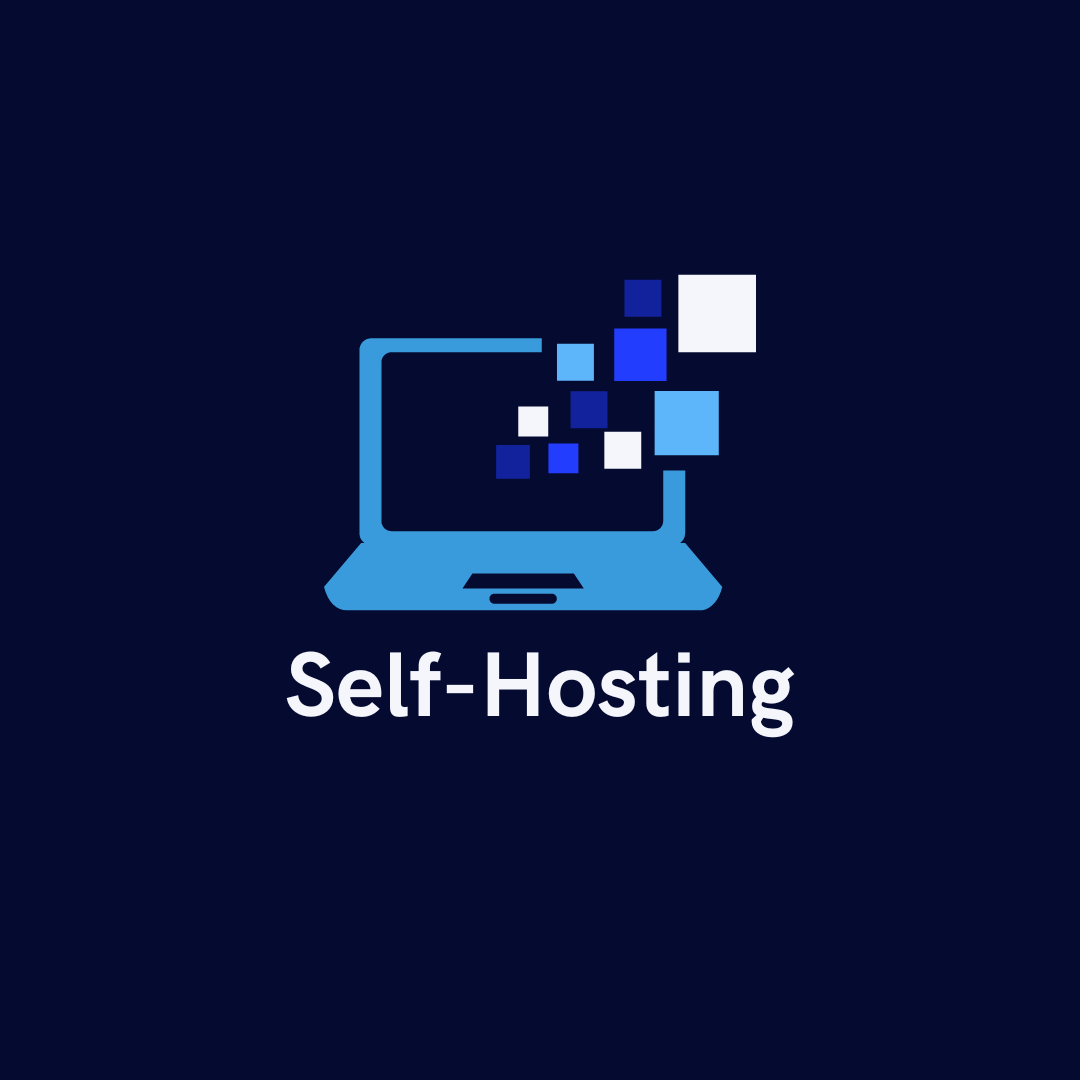Self-Hosting: Liberating Yourself from Company Misbehaviour, Saving Money, and Ensuring Privacy

In an era dominated by corporate-owned digital services, self-hosting emerges as a transformative means to liberate individuals from company misbehaviour, and marketing strategies, reduce costs, and fortify privacy. It places control squarely back into the hands of individuals, empowering them to shape their digital destiny.
The pervasive use of corporate-owned digital services, from cloud storage to email, has ensnared us in a web of dependence. These services offer convenience and functionality, but often at the cost of sacrificing control, privacy, and financial resources. Recent data breaches, service outages, surging prices, and controversial data handling practices by major tech companies have amplified concerns about this reliance
Self-hosting, the practice of setting up and managing your own digital services on infrastructure you control, offers several compelling advantages:
- Regain Control: Self-hosting allows you to regain control over your digital life. You set the rules, policies, and configurations, reducing reliance on external entities.
- Cost Savings: By eliminating subscription fees and reducing reliance on paid services, self-hosting can lead to significant cost savings over time, you control your costs.
- Enhanced Privacy: Self-hosting empowers you to protect your data and privacy more effectively. Your personal or sensitive information remains within your sphere of control, reducing the risk of unauthorized access.
Getting started with self-hosting need not be daunting:
- Assess Your Needs: Determine which digital services are essential to you, such as email, file storage, or personal websites.
- Select the Right Hardware: Choose hardware that aligns with your hosting needs, whether a spare computer, a dedicated server, or even a Raspberry Pi.
- Choose Open Source Software: Embrace open-source software solutions, like Nextcloud for file storage or email server solutions like Mail-in-a-Box. These often have active communities and robust security features.
- Security and Privacy: Prioritise security best practices to safeguard your self-hosted services. Employ encryption, strong authentication, and regular backups.
- Maintenance and Updates: Keep your self-hosted services up to date with regular maintenance and software updates to ensure security and functionality.
Learn and Experiment or Ask an IT Specialist: Invest time in learning about server administration and the specific software you choose—experiment in a safe environment to build confidence. OR If you find that learning server administration is overwhelming or if you're simply not interested in delving into the technical aspects, consider seeking assistance from an IT specialist or consultant. They can help set up and manage your self-hosted services, ensuring a smooth transition and optimal performance.
Self-hosting is a journey towards digital liberation, where you reclaim control, save money, and protect your privacy. It empowers individuals and organisations to master their digital destinies, free from the constraints and uncertainties of corporate-driven services.
While it may require time, effort, and a learning curve, the rewards are substantial. Self-hosting is a potent way to break free from company misbehaviour, regain autonomy, and build a more private and cost-effective digital world. So, take the plunge, explore self-hosting, and pave your path to digital freedom.
If you're interested and uncertain about where to begin, rest assured that assistance is at hand. Feel free to reach out — I'm here to help you get started on your journey.


